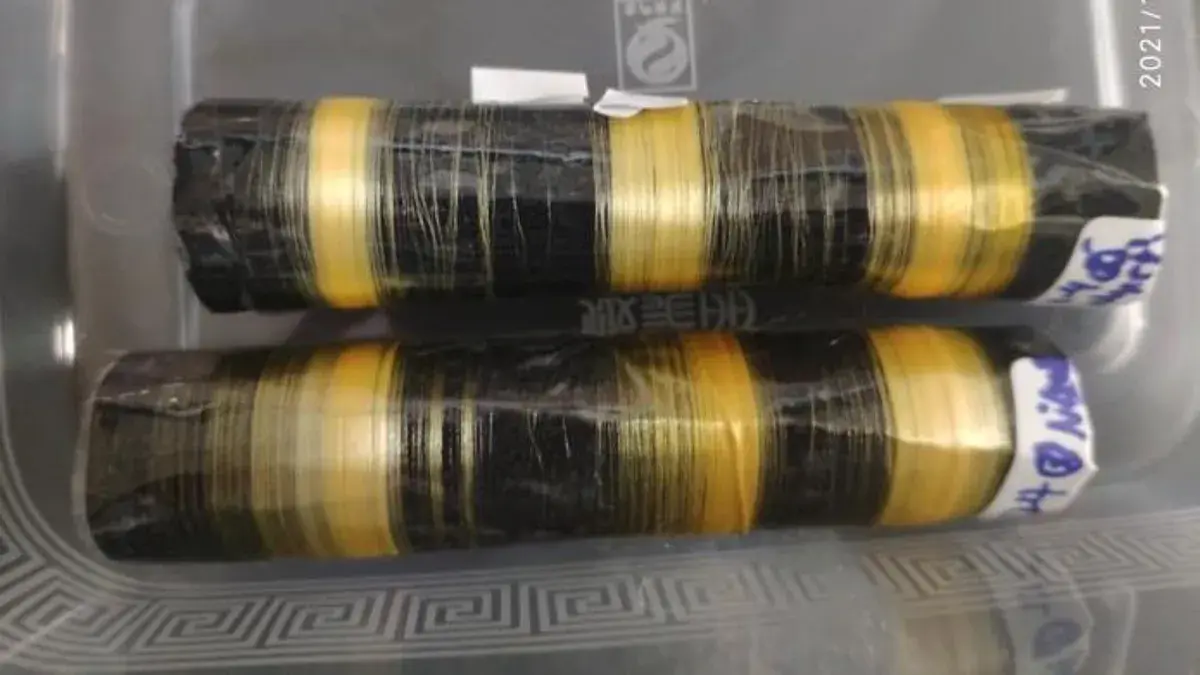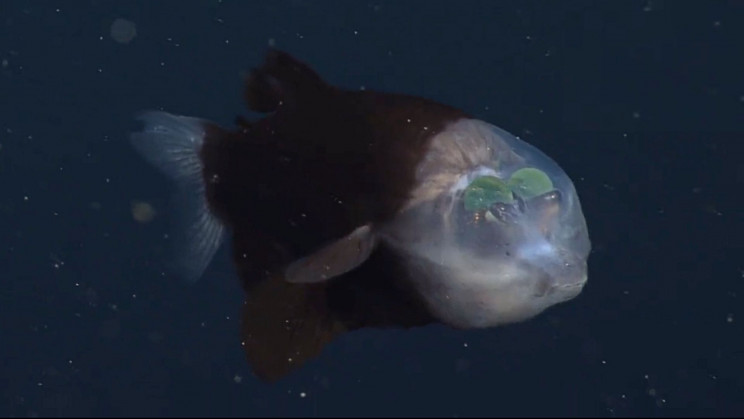In a significant milestone, scientists have successfully produced complete spider silk fibers for the first time by genetically modifying silkworms. These silk fibers stand out for their remarkable strength and durability, offering a potentially eco-friendly and superior alternative to synthetic fibers like nylon.
“Silkworm silk is presently the only animal silk fiber commercialized on a large scale, with well-established rearing techniques,” said first author Junpeng Mi, a researcher at the College of Biological Science and Medical Engineering, Donghua University, China. “Consequently, employing genetically modified silkworms to produce spider silk fiber enables low-cost, large-scale commercialization.”
Engineering Nature’s Silk Producers
While silkworms have been a source of fiber for millennia, their silk is known for its brittleness. In contrast, spiders produce incredibly robust and resilient silk. However, large-scale spider cultivation remains unattainable due to their cannibalistic tendencies when housed together.
This recent study aims to bridge these gaps and has the potential to revolutionize the sustainable production of this elusive natural material. Researchers have spent over a decade refining this bionic approach, aiming to combine the best qualities of both silkworms and spiders.
Beyond Traditional Silk: A Game-Changer in Fiber Technology
The researchers employed CRISPR-Cas9 gene editing technology to insert spider silk genes into the silkworms’ genome, resulting in silkworms capable of spinning silk fibers containing both silkworm and spider silk proteins. Mechanical tests revealed that these new silk fibers were significantly stronger and tougher than traditional silkworm silk and even surpassed the strength of Kevlar, commonly used in bulletproof vests and high-performance applications.
The researchers envision numerous commercial and industrial applications for their bionic silkworms. These innovative fibers could be utilized to create more robust and durable clothing, medical sutures, and aerospace materials.
The researchers’ next objective is to develop genetically modified silkworms capable of producing spider silk fibers using a combination of natural and engineered amino acids.







